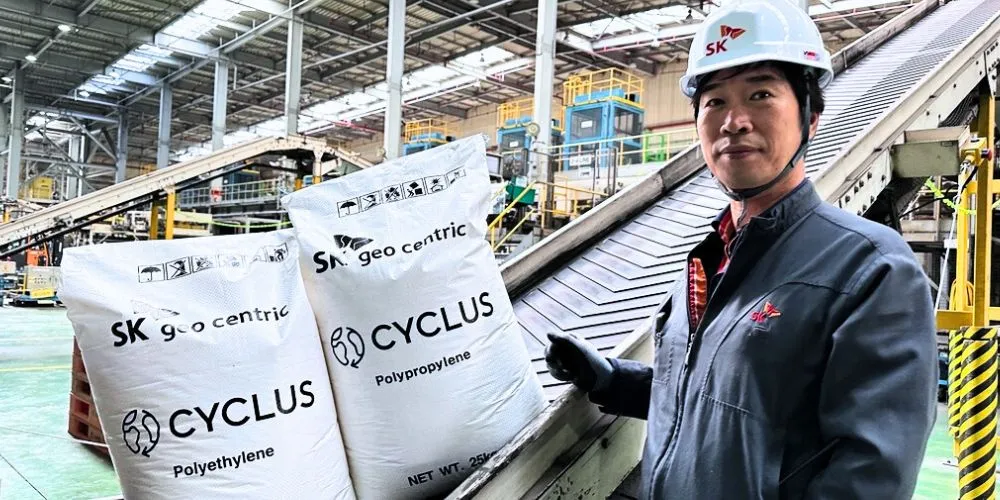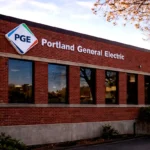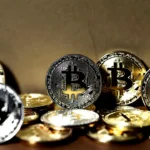Key Points:
- SK Geo Centric is reevaluating the $1.3 billion waste plastic recycling complex project in Ulsan due to rising costs and a challenging business environment.
- They are considering scaling back investment and prioritizing the construction of a pyrolysis plant for waste plastic recycling.
- The initial investment plan of 1.8 trillion won may be halved, leading to a lower recycling capacity than originally projected.
- SK Geo Centric remains optimistic about the growth potential in the plastic recycling market, citing overseas demand for recycled materials.
South Korea’s SK Geo Centric Co. is reassessing its plans for a $1.3 billion waste plastic recycling complex project due to escalating costs and a challenging business environment. The subsidiary of SK Innovation Co. initially embarked on the Ulsan Advanced Recycling Cluster (ARC) project in November last year, aiming to construct pyrolysis, high-purity polypropylene (PP) extraction, and polyethylene terephthalate (PET) depolymerization facilities.
However, faced with surging expenses and market uncertainties, SK Geo Centric is considering scaling back its investment and altering its project scope. Sources familiar with the matter indicate that the company may prioritize the construction of a pyrolysis plant for waste plastic recycling, deferring the development of PP extraction and PET depolymerization facilities pending further feasibility studies.
The decision to reassess the project’s viability comes as SK Geo Centric executives acknowledge the deteriorating external business environment. In a communication to staff on April 30, executives highlighted the need for a comprehensive review to ensure the project’s feasibility amidst challenging market conditions.
Initially, SK Geo Centric planned to invest 1.8 trillion won ($1.3 billion) in the recycling complex to recycle approximately 320,000 tons of waste plastics annually. However, the revised investment strategy may reduce spending by more than half, focusing on constructing the pyrolysis plant. Consequently, the recycling capacity is expected to be significantly lower than anticipated.
SK Geo Centric remains committed to the project’s long-term success despite the reconsideration. The company emphasizes that the plastic recycling market is poised for growth, particularly with the European Union’s mandate to increase the use of recycled materials in plastic manufacturing by 2030. Overseas demand for recycled plastic from the Ulsan ARC underscores the market potential, with beauty, food, and fashion brands expressing interest in procuring recycled materials from the facility.
While the project’s timeline and scope may experience adjustments, SK Geo Centric asserts that the reconsideration represents a strategic pause rather than a complete withdrawal. The company intends to proceed with the investment plan at an opportune time, taking into account liquidity and market conditions.




